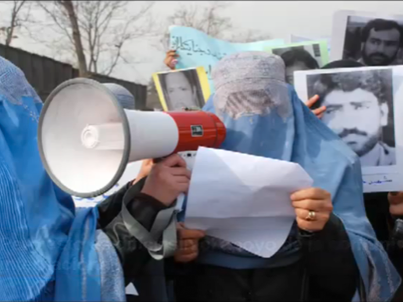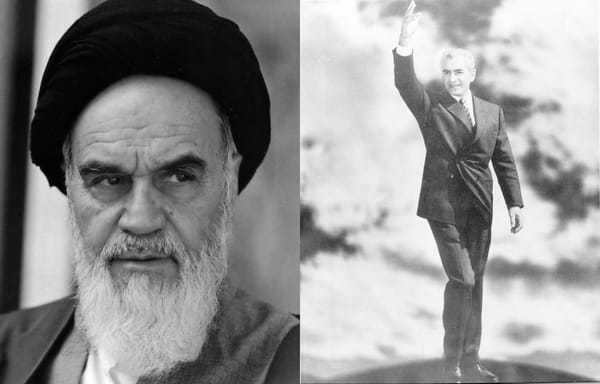Psychosocial support for victims-turned-activists

Concept developed for IPSO (International Psychosocial Organization) and presented at the workshop “Afghanistan: women against oblivion and impunity” organized by ASDHA (Associació per als Drets Humans a l’Afganistan) in Barcelona, 28 January 2010.
* * *
IPSO is relatively new humanitarian organisation, founded in 2008 by Inge Missmahl, (dipl. analytical psychologist).
IPSO functions as a network of experts who are either psychologists, medical doctors or other practitioners, who for the most part have international experience working in the humanitarian field. People in the network support each other and guarantee best expertise in the field of psychosocial support.
IPSO is committed to support organisations and communities in developing and implementing psychosocial care as a crosscutting issue.
IPSO develops good ideas and helps to put them into reality.
IPSO offers support through supervision and coaching for people working in the field.
Among other experiences, Inge Missmahl and other members of the IPSO network have developed
nd implemented the psychosocial project for Caritas Germany in Kabul during 2003-2008 and worked as EC consultant in the Ministry of Public Health with the goal of integrating psychosocial care into the primary healthcare of Afghanistan.
Purpose
All programs should aim to help people who are suffering from psychosocial problems, traumatic experiences and difficulties caused by manmade or natural catastrophes to find a way out of the victimised state of just being a beneficiary. Those programs should not only aim to release immediate psychosocial burdens but also should aim to restore and support cultural and social identity as a basis for a healthy and meaningful life with dignity and the right to live according to ones own values. Psychosocial work has the aim to empower people to shape their lives according to their own values and needs, to be able to create good relationships, solve conflicts and live a meaningful life
IPSO and Transitional Justice: Psychosocial support for victims / activists
Civil wars, regime changes with widespread use of political violence, leave deep scars and open conflicts in the body of society at large.
Transitional Justice (TJ) processes address the crimes of the past aiming at providing justice and recognition to the victims and reconciliation to the society. TJ processes are important to increase the stability and legitimacy or the new and usually democratic regimes. At the same time, TJ processes can be seen also as political tools to overcome the trauma experienced by these societies and political communities.
Persons that have been victims of severe human rights abuses or their relatives may benefit from a professional psychosocial support to overcome their personal trauma. To a certain degree also those perpetrators of violence and abuses that accept to be part in TJ processes may need PS support. In fact, psychosocial support has been instrumental in important TJ experiences like in post-apartheid South Africa.
Victims organized in activist groups advocating for justice and reconciliation are often the major driving force behind TJ processes. The thirty years long unrelenting struggle of the Madres de Plaza de Mayo and related groups in Argentina is a clear example in this sense.
The experience of collective political action is in itself a powerful healing factor for the victim that can turn personal suffering into collective strength, therefore escaping from the condition of passive victimhood becoming an active agent of social and political change.
Nevertheless, this process is extremely critical because victims turned into activists face various challenges. From protracted security threats to the uncertainties of a long term commitment, various sources of deep psychological stress add to the traumatised background.
Besides, standard diagnostic approach of Post-Traumatic Stress Disorder (PTSD) on victims of human rights abuses and the mechanical application of culturally insensitive therapeutic approaches can consolidate the passive victimhood ideology with disputable effects on the trauma healing itself.
Regardless of the personal courage and commitment displayed by activists there is therefore the need of a specific approach to psychosocial support to victims groups members, especially those committed in TJ processes.
Therefore IPSO proposes a psychosocial counselling approach that aims at supporting the victims to define their individual and collective subjectivity as political actors within their specific cultural context.
* * *
Photo credit: ASDHA (Mònica Bernabé, Marta Michelena)



